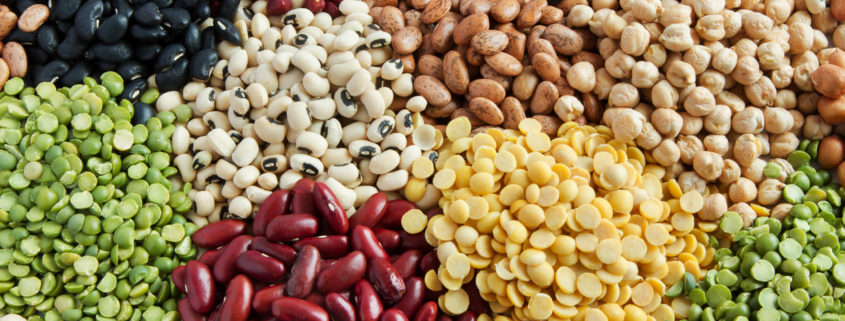Technically Speaking: European food preferences – what’s ahead?
By Eugene Philhower, SSGA Technical Adviser for Europe
As the light at the end of the COVID tunnel appears ahead for many of us, a key question is: Will consumers return to previous food choices, patterns and preferences? Or has there been a fundamental shift with the post–COVID world being an opportunity for a new and more sustainable food system?
The pandemic has exposed the vulnerabilities and weaker links in the system, but overall, the agro-food sector has been resilient and has responded to the challenge without widespread panic, supply disruptions and significant food shortages. It seems unlikely that a seismic shift has occurred and that pre-pandemic trends and patterns will return. Where we go is really determined by where we have been.
The European Union’s “Farm to Fork Strategy” describes the collective vision to develop a fair, healthy and environmentally sound food system. EU policy makers see the strategy as a roadmap to improving consumer health and the environment while encouraging entities along the food value chain – from producers to processors and retailers – to make sustainability one of their key business objectives.
In order to determine the overall level of public awareness and knowledge of the current food system and consumers’ willingness to change, last year, the European Commission’s Director-General for Health and Food Safety sponsored a Eurobarometer survey, which aimed to determine what factors influence consumer food buying and eating habits and to find out what sustainability means. The survey took place in August and September 2020 and was published in December.
Consumers were asked, “What are the characteristics of sustainable foods?” The top three responses were: nutritious and healthy, little or no pesticides, and affordability.
When asked, “What factors influence their food purchases?” the top three responses were: taste, food safety and cost.
Rephrasing the question to, “Will you buy a more sustainably produced food?” the answer seemed to be “Sure, if it tastes good and is cheaper.”
These results may confound policy makers but do give insights to businesses operating along the value chain.
Sustainable for many really means using less to get more with a focus on inputs like water and energy and not necessarily the nutritional aspect of the final product. This suggests that a continued effort to educate and inform consumers is critical. Little or no pesticide is closer but still not there, as organic does not equal sustainable but does reflect some level of consumer awareness of production practices. For businesses, the products need to taste good and be reasonably priced.
What does this mean for SSGA?
There are some key assumptions on food trends that are important for SSGA members and our efforts to market and promote U.S. Identity Preserved products in the European Union.
The demand for plant protein will continue to increase. This reflects the continuing preference for healthy and nutritious food. With some limits – particularly by country – consumers will want new and innovative foods in their diets. Peeling back the layers of sustainability, back–to–the–farm traceability – a strong component of the U.S. Identity Preserved system – will continue to appeal to food manufacturers and retails.
The strengths of the U.S. IP system – meaning the quality of our products and the reliability of the marketing infrastructure and system – remain our strongest marketing points. We need to raise awareness all along the value chain, make those business contacts and continue our efforts in the really not so new future.
The “Special Eurobarometer 505: Making our food fit for the future – Citizens expectations” report has a great deal more information of interest and can be found online here.
Technically Speaking is an SSGA feature that includes news and information from SSGA’s technical advisers for North Asia (Alyson Segawa), Southeast Asia (Hoa Huynh) and Europe (Eugene Philhower). Please reach out to them via email. They want to hear from SSGA members!







Leave a Reply
Want to join the discussion?Feel free to contribute!